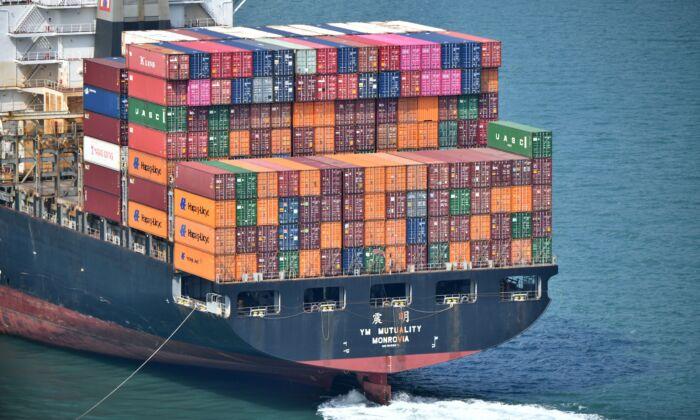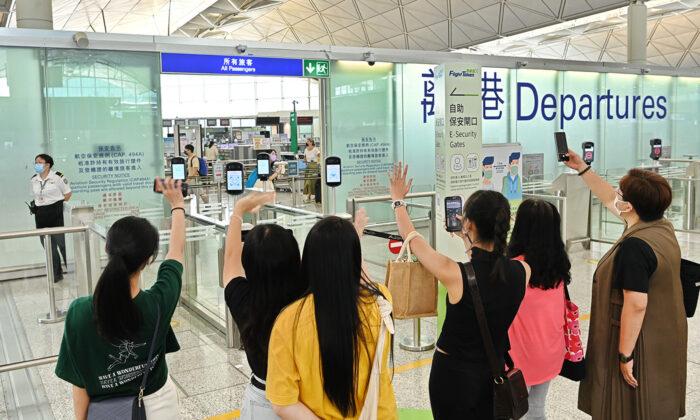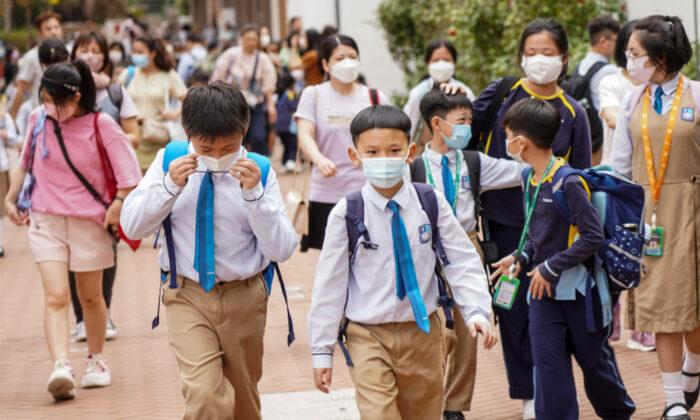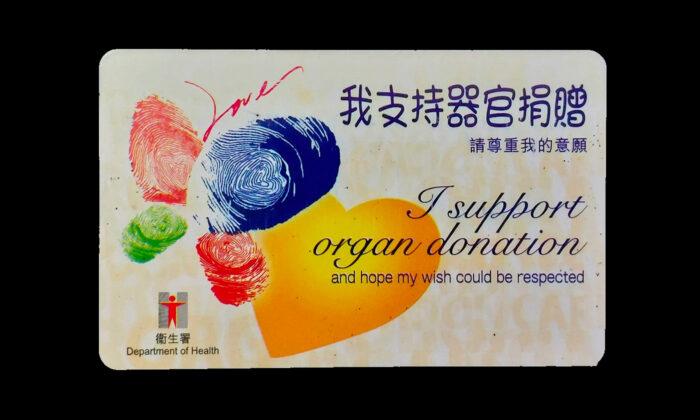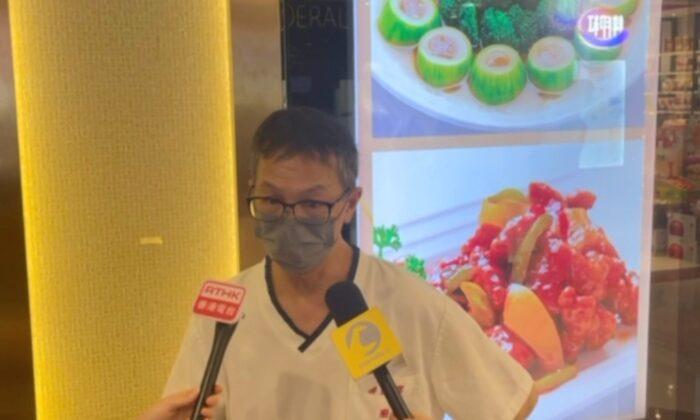The United States has rejected the World Trade Organization’s (WTO) ruling against labeling products from Hong Kong as coming from China.
Since the Chinese Communist Party (CCP) enacted the Hong Kong National Security Law at the end of June 2020, the United States decided that all Hong Kong goods exported to its territories should no longer bear the “Made in Hong Kong” label but should be changed to “Made in China” instead.
US Says WTO Has No Rights to Review National Security Issues
Adam Hodge, the United States Trade Representative (USTR) spokesperson, responded to the WTO ruling, indicating that he had no intention of canceling the marking regulations and that he would not hand over judgments or decisions on key security matters to the WTO. He said national security issues could not be reviewed by the WTO’s dispute settlement mechanism. WTO has no right to criticize afterward members’ ability to respond to threats based on facts.The US Adopted the Regulation in 2020
After the CCP enacted the Hong Kong National Security Law in 2020, then U.S. President Donald Trump signed a presidential decree on July 14, 2020, canceling Hong Kong’s special tariff status and special economic treatment. There was also the cancelation of the opportunity to receive sensitive technology, directly implying that Hong Kong’s “one country, two systems” status is no longer recognized.In August 2020, the U.S. applied the security exemption clause allowed by the WTO to announce that starting from Nov. 9, 2020, Hong Kong goods shipped to the United States must be labeled with “Made in China.” At that time, U.S. Customs and Border Protection issued an announcement stating that the measure was in accordance with the executive order of the “Hong Kong Autonomy Act” signed by Trump on July 14, 2020, and that Hong Kong would no longer be given special treatment for trade. A 10 percent punitive tariff would be imposed on any breach of that.
Edward Yau Tang-wah, then Secretary for Commerce and Economic Development, responded to the U.S. imposed regulations and believed that the U.S. requirements were simply an act “upending the real situation,” inconsistent with facts, and inconsistent with the WTO agreement with international regulations on the country of origin.”
At that time, a reporter asked him why the government adamantly opposed the labeling of “Made in China” on Hong Kong products and whether it contradicted “Hong Kong is part of China?” Yau said that it was simply a reflection that Hong Kong was granted its independent tariff status, indicating the special privileges granted by the motherland under the “One Country, Two Systems.”
On Aug. 13, Trump said that the United States gave Hong Kong a lot of preferential measures in the past, which were based on seeing the practice of freedom in Hong Kong. “We treasure freedom, so we gave Hong Kong a lot of economic benefits. Now, as we have canceled all these benefits, Hong Kong will not be able to compete with the U.S. anymore.” He also added that following the termination of Hong Kong’s special treatment status, Hong Kong’s status as an international financial center would undoubtedly come to an end.
HK Government: Exports to the US Negligible of Total Overseas Trade
At that time, Yau said that although Hong Kong’s exports to the United States accounted for less than 0.1 percent of total overseas trade, it impacted Hong Kong companies. Two years later, on Dec. 22, the current Secretary for Commerce and Economic Development, Algernon Yau Ying-wah, was asked by reporters about the impact of the two-year implementation of the US measures on Hong Kong. Algernon Yau still said that Hong Kong’s exports to the U.S. accounted for “only about 0.1 percent,” or HK$7.4 billion (US$940 million), calling it ”very minimal.“ Although the amount is small, it will still confuse consumers with the ”Made in China“ or ”Made in Hong Kong” label and cause unnecessary concerns for manufacturers.The WTO Appeal Mechanism is Close to Being Redundant
The WTO website shows that the organization has a permanent Appellate Body to handle appeals. The United States can appeal within 60 days, but all seven members are currently vacant, and the term of the last member already ended on Nov. 30, 2020. It means all appeal applications cannot be processed, and in fact, there are already several cases in the backlogIn the dispute settlement mechanism of the WTO, after the expert panel submits a report to the Dispute Settlement Body, if there is no appeal within 20 to 60 days, the Dispute Settlement Body will pass the report and require the party in violation of the agreement to revoke the measures that do not comply with the agreement. However, once someone appeals, the agency will hold off on the report until the appeal is fully processed.
In 2018, the U.S. ruled that China had various unfair trade practices, including the theft of U.S. intellectual property (IP) rights and the forced technology transfer of U.S. companies to gain access to the Chinese market. Trump, the then U.S. president, imposed tariffs on US$200 billion of Chinese imports. In 2020, the WTO ruled that the U.S. move violated international trade rules, but the tariffs remained.
